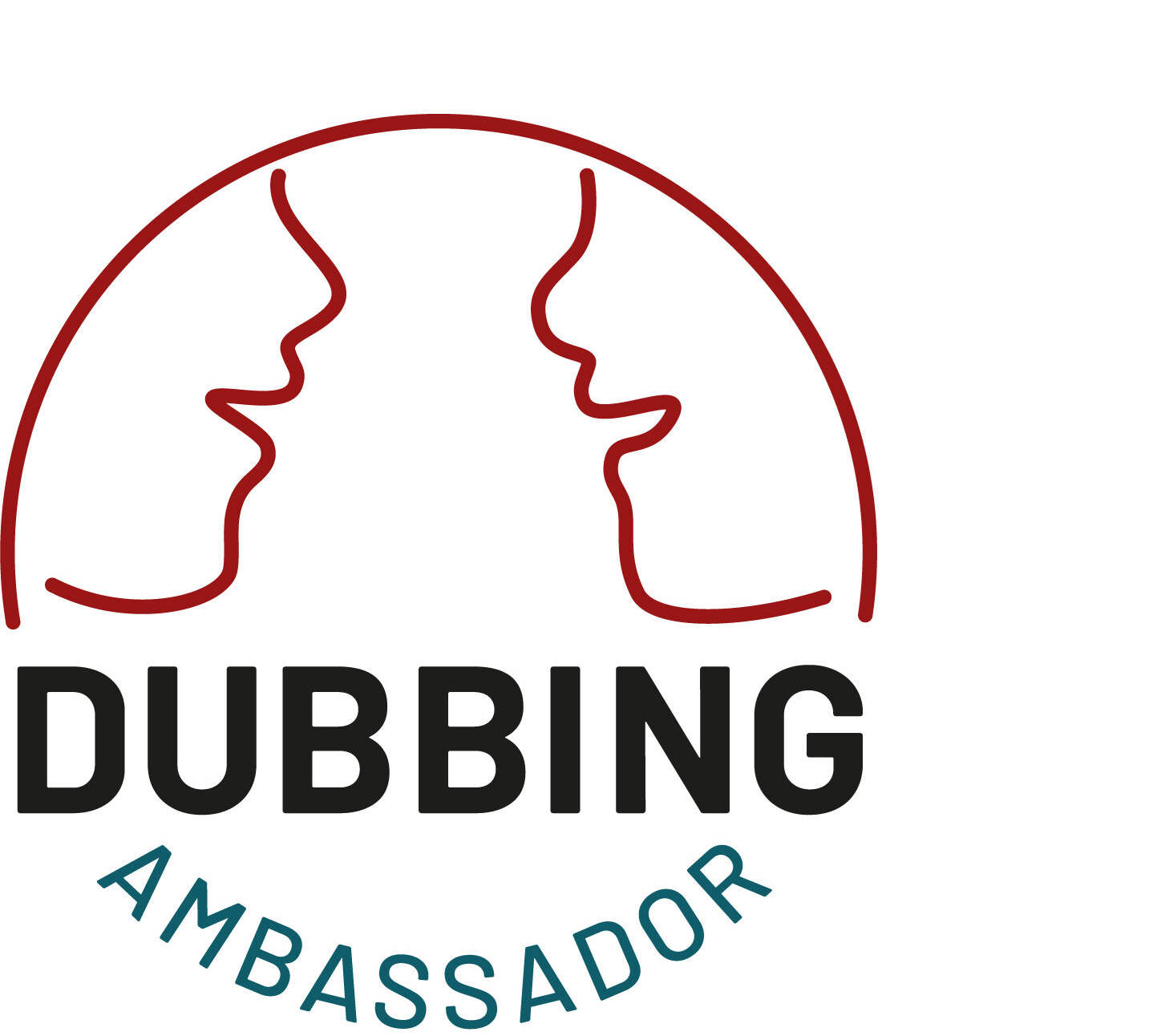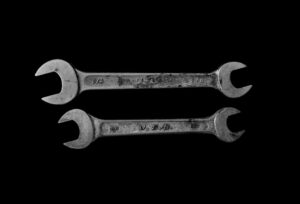A recent article in “The Hollywood Reporter” talks about an “undercurrent of excitement” about AI in the international film industry.
“Internationally, there’s an undercurrent of excitement” about AI.
Let me provide a little context.
An Instagram post by several dubbing actors calling on audiences to help protect dubbing as part of German culture a couple of weeks ago generated over 10 million views.
https://www.instagram.com/reel/DHgK7rWoWKG/?utm_source=ig_web_copy_link&igsh=MzRlODBiNWFlZA==
Another video by the German voice actor association VDS with a similar message generated about 5 million views.
A Polish series “AI-dubbed” into German had to be pulled from the lineup 48 hours after it was relased due to audience protest.
Anime conventions have repeatedly issued statements rejecting synthetic voices for anime dubs. There is a “no AI” policy in place for the upcoming Dokomi in Düsseldorf, which is projected to have 200,000 visitors over three days in June.
So much for the audience being excited by AI dubbing. But what does the audience know, right? Let’s ask the professionals.
The film “Black Dog” was dubbed into German “mit Unterstützung von Systemen Künstlicher Intelligenz (KI)”, that is, “with the support of systems of articificial intelligence (AI).” From a professional standpoint, the German version was a joke. Mistakes on the level of the dialogue (dangling references, questions that didn’t have an answer etc etc), wildly different pronunciation of the main character’s name, parts simply left in the original, and a sound mix that can only be described as random. Yes, it was released, but that wasn’t hard given that the distributor and the dubbing studio mostly shared the same ownership.
Nothing anyone in the German dubbing industry has seen so far can even be judged to be of professional quality.
Snippets shown on LinkedIn and at conferences are either not lip-sync dubbing at all, but voiceover, and if they are, they are also not of professional quality. One example:
In summary: although they are sure that AI solutions could greatly benefit the dubbing industry, especially when it comes to workflow, professionals in the business look at the AI dubs that have been shown so far with a sense of confusion. I mean, I sing in the shower every day, so I DO singing, but no one would possibly call that a professional job, or pay me for it.
Transparency is a good buzzword – yet all we ever get to see of the process of AI dubbing is the murky term “AI dubbing”. But what is that? Where is the AI and at which steps? How much human is involved and where?
A conversation about AI in dubbing? As co-chair of the German dubbing industry association, I am not aware of anyone ever approaching us with an AI solution for our work, and having a nice, professional, respectful, eye-level talk about it. At industry conferences, I am usually the only creative for miles around, yet my work as a dubbing scriptwriter and that of my fellow creatives in translation, directing, voice-acting, the tech wizards in sound and editing, and the jugglers of production schedules in dubbing companies, generates millions of revenue for the industry .
Panels are called “Can AI Hit the Right Notes in Dubbed Speech”, yet a key element to the process is missing – someone who knows anything at all about dubbing for entertainment. Content producers entirely unfamiliar with dubbing are talking to AI Dubbing companies, equally unfamiliar with dubbing (often displaying a staggering lack of knowledge even about the most basic of workflows, consistently confusing translation with adaptation, and talking about voice actors “reading lines”). AI Dubbing companies present talks entitled “AI Dubbing: From Concept to Profit”, to which I can only quote the immortal line from “A Fish Called Wanda”: “What was the … middle part?” AI Dubbing companies present their product with a slide show that has apparently not even been through basic spell check, promising that AI will not replace, but “compliment” creatives.
The representative of a German AI dubbing company has said that AI dubbing will be “accepted” in one or two years (https://www.sueddeutsche.de/kultur/kuenstliche-intelligenz-synchronsprecher-jobverlust-synchronisation-li.3231479?reduced=true). However, he has been saying this for over a year now, so by my calculation, his own company should have been able to release more than one AI-dubbed film (which, by the way, had a dubbing script written by a human), and promise one more by the summer. A representative of another AI dubbing company has told me: “You’ll be out of work in a year”. This was last February (2024).
There is nothing even close to a transparent conversation at eye-level, and certainly nothing even approaching respect for the people who have been creating the content producers a significant amount of revenue for decades. On the issue of respect, let me refer to one of my own LinkedIn blog entries: https://www.linkedin.com/pulse/so-respect-%25C3%25A4nne-troester/?trackingId=WzVzALDcQECwacEQ1FDWSg%3D%3D
And it’s not just a matter of a soft human value like respect. It’s also a matter of cold hard cash. No major Hollywood release can be financed without banking on the revenue from international sales.
No dubbing, no Hollywood.
Which brings me back to the “Hollywood Reporter” and a final question: What on earth is “immersive dubbing AI tech”, and what does someone who uses this term think the international dubbing community has done over the last 100 years, but provide their audience with exactly that – an immersive experience?




